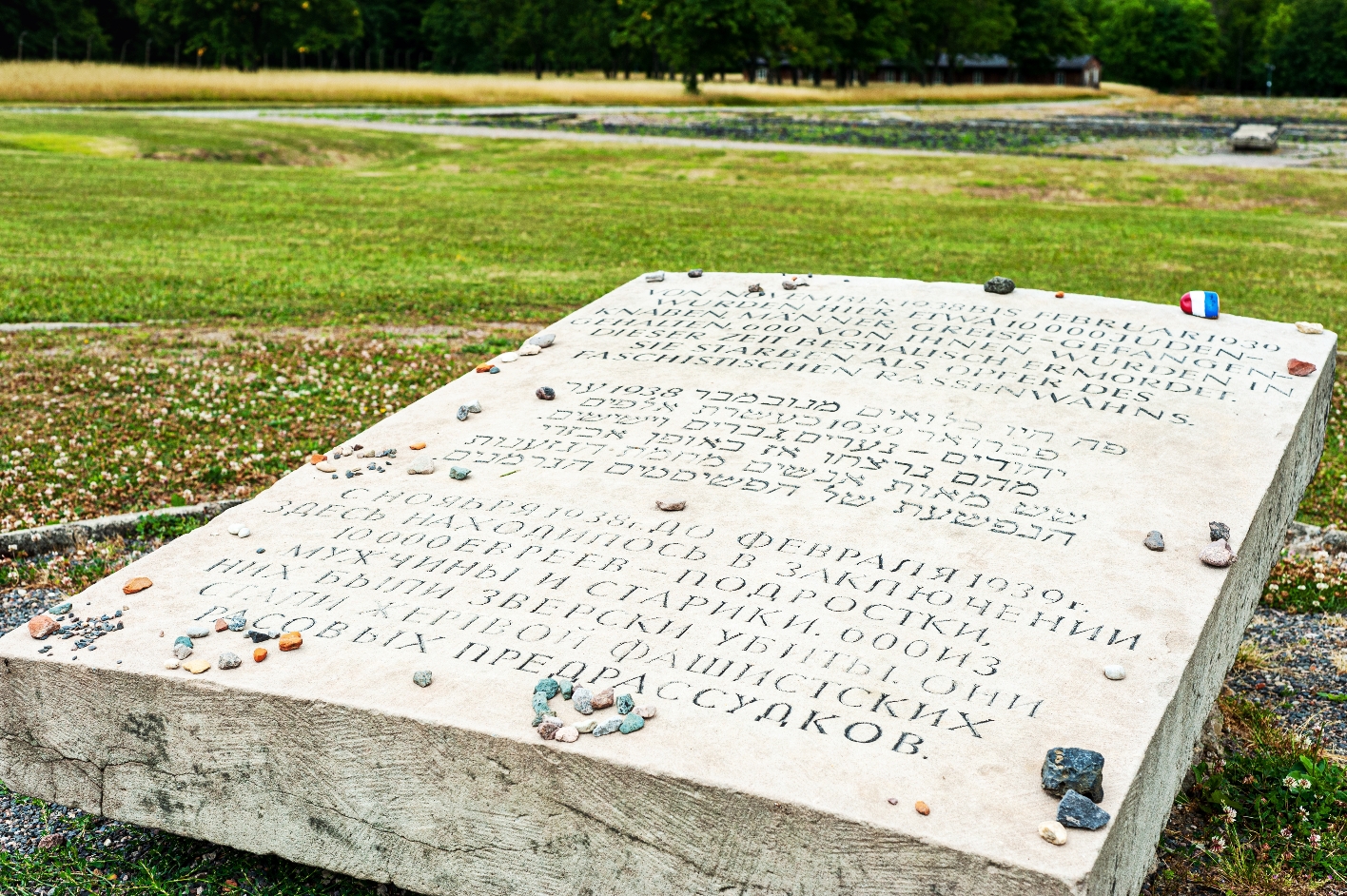

This mass imprisonment caught the SS unprepared. They quickly had barn-like provisional barracks erected. The SS forced some 2,000 men into each of these accommodations, which had no floors, windows, or ovens. Two open latrines served as the sanitary facilities. Barbed wire cordoned off this 10,000-square-metre area from the rest of the prison camp.
The men suffered from hunger, a chronic lack of water, disease, and freezing temperatures. These were accompanied by orgies of violence perpetrated by the SS. Only those who agreed to leave Germany and surrender all their possessions was permitted to leave the camp. After a few weeks, most of the men were no longer in Buchenwald.
A typhus epidemic, which spread to a neighbouring town through the camp sewage, forced the SS to dismantle and tear down the special camp in 1939. Later, workshops and the inmates' canteen were constructed on this site. A total of 250 men lost their lives in the special camp for the November pogrom, which is memorialized by a commemorative stone in German, Hebrew, and Russian.

